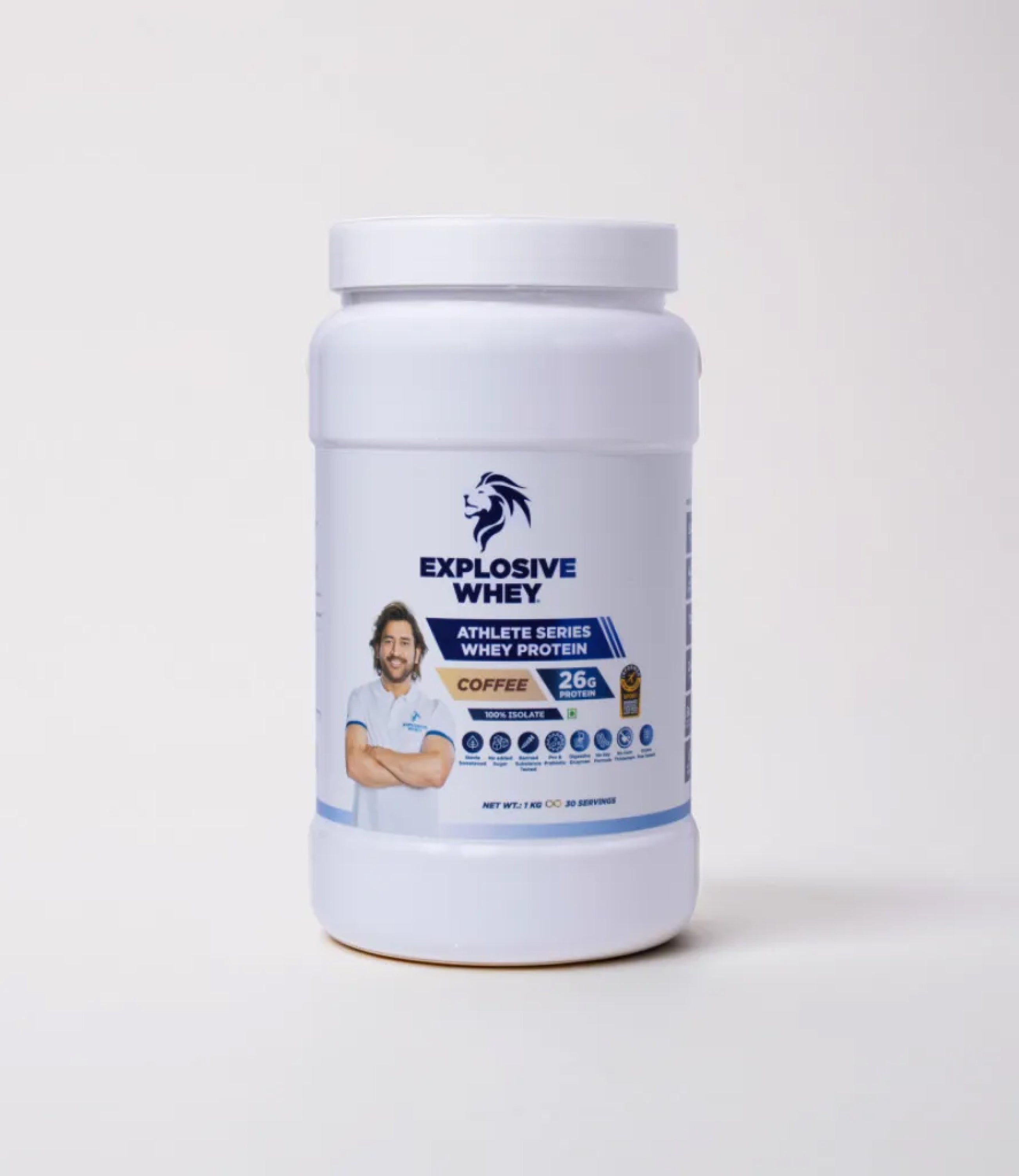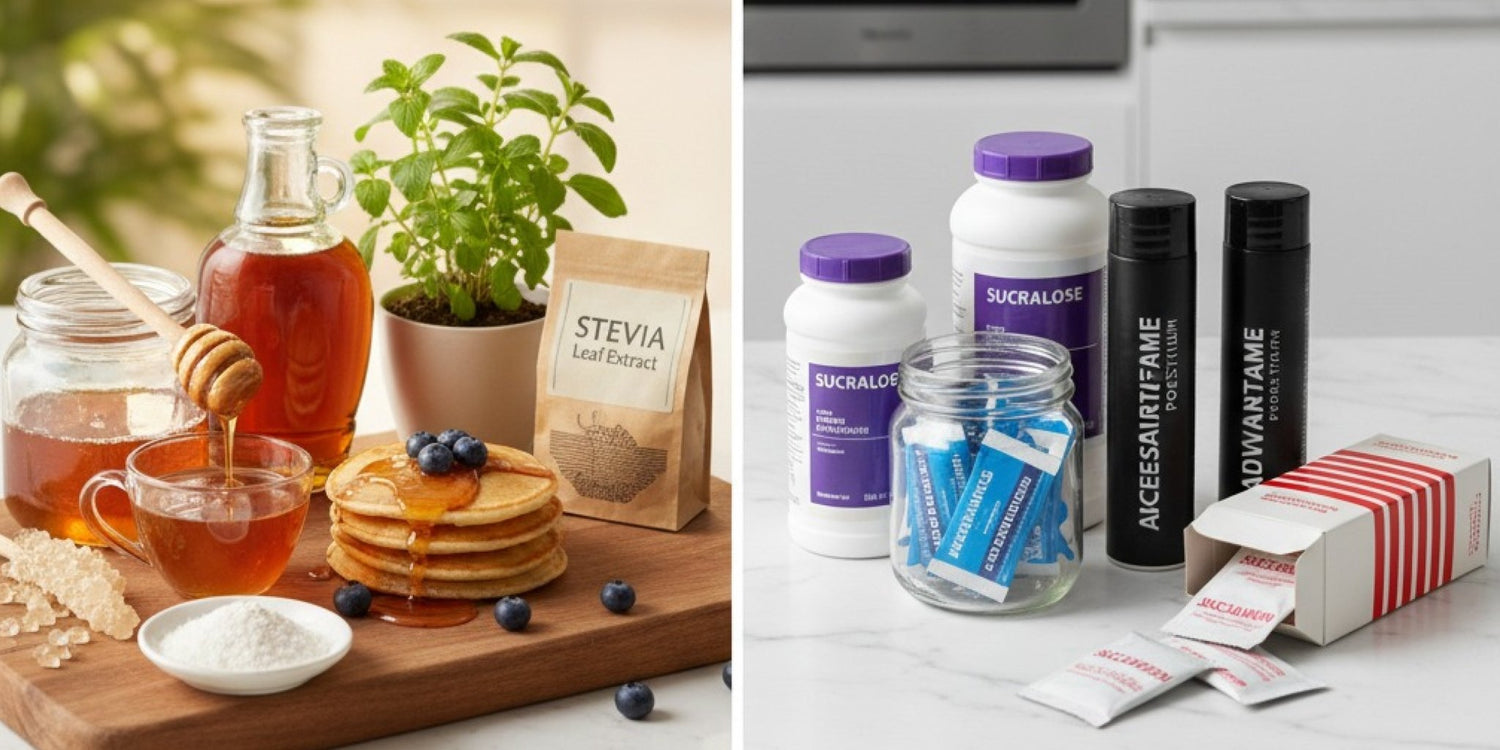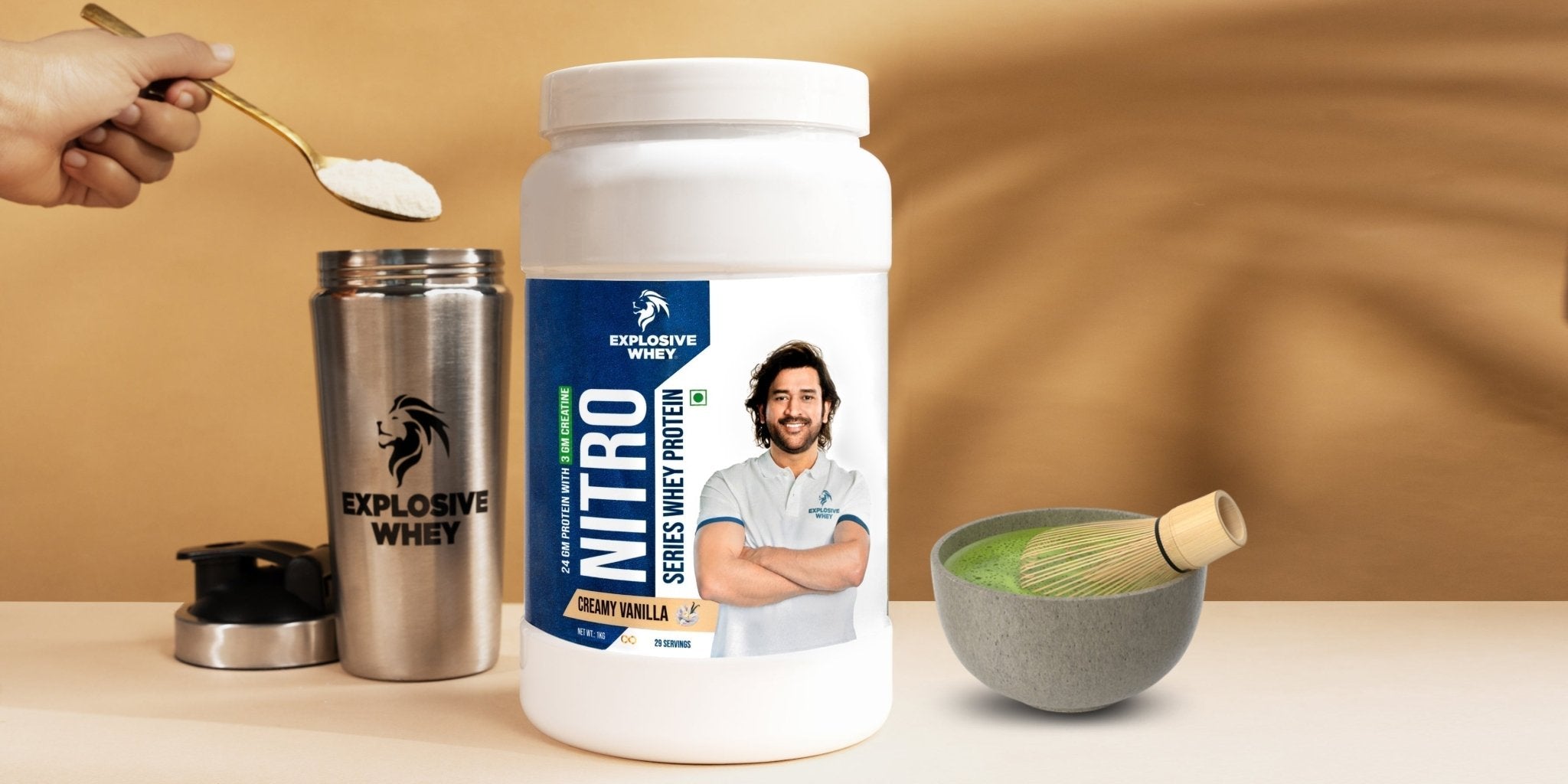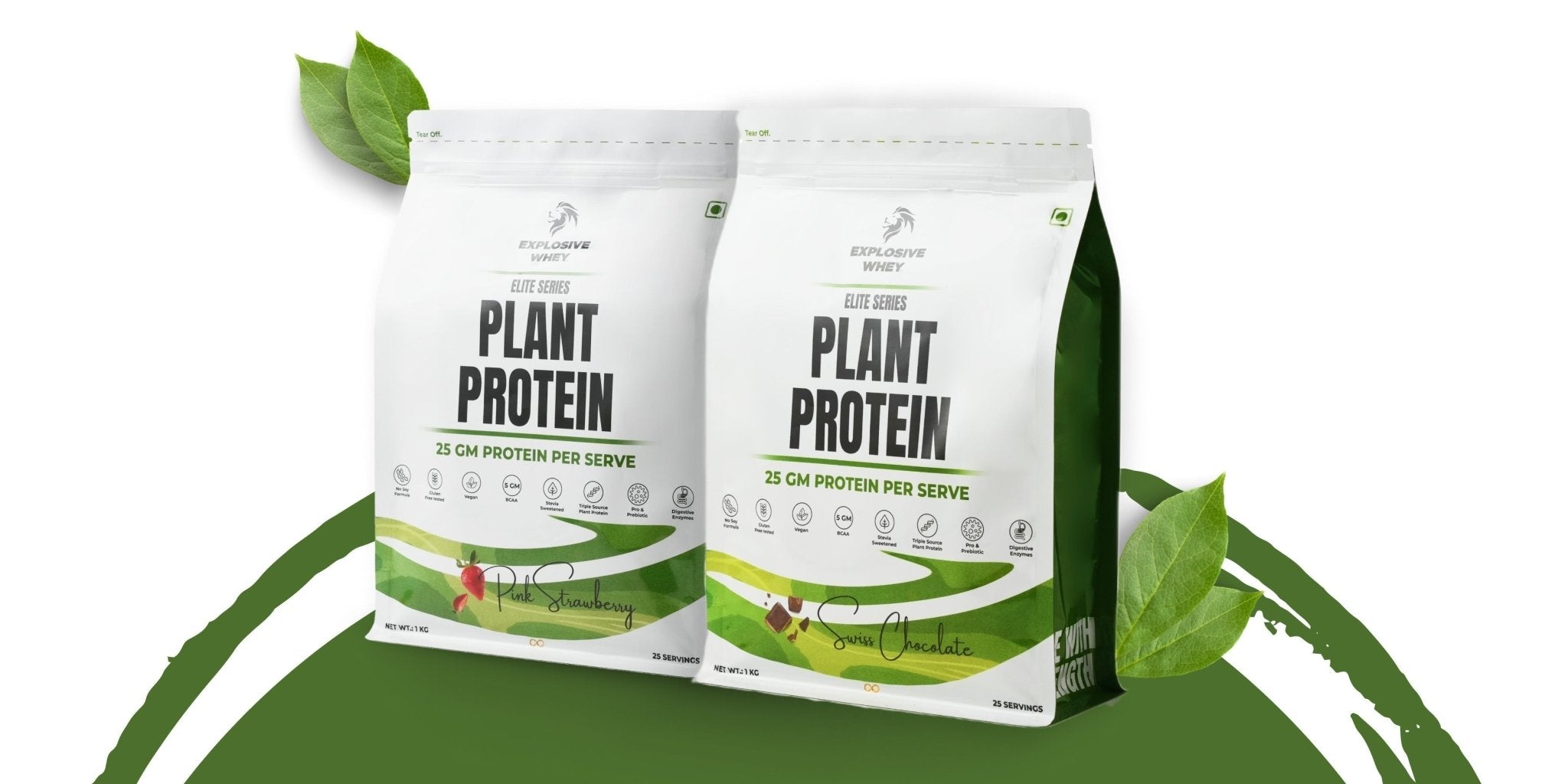In recent years, artificial sweeteners have become popular as people search for sugar alternatives that support weight control and better health. These sugar substitutes are found in diet sodas, sugar-free desserts, and even everyday packaged foods. But with so many options—both artificial and natural—it can be confusing to know which one is truly right for you. Let’s break it down in the simplest way possible.
Artificial Sweeteners vs Natural: Facts You Should Know
Choosing between artificial and natural sweeteners isn’t always straightforward. Artificial options are designed to mimic the taste of sugar with little to no calories, while natural sweeteners like honey, stevia, and jaggery come directly from plants or other whole sources. Each type carries its own health considerations—from potential long-term effects of artificial additives to the calorie content of natural choices.
What Are Artificial Sweeteners?
 Artificial sweeteners are low or zero-calorie sugar substitutes used to provide sweetness without the extra calories of sugar. They are much sweeter than sugar, so only small amounts are needed, making them common in diet foods.
Artificial sweeteners are low or zero-calorie sugar substitutes used to provide sweetness without the extra calories of sugar. They are much sweeter than sugar, so only small amounts are needed, making them common in diet foods.
Aspartame
Aspartame is one of the most widely used artificial sweetener types and is found in diet sodas, sugar-free gum, and desserts. It provides sweetness similar to sugar but with very few calories. Some people are sensitive to it, but it’s considered safe within approved limits.
Sucralose (955)
Known as artificial sweetener 955, sucralose is popular in baking and packaged goods because it can withstand heat. It is about 600 times sweeter than sugar and has no calories. Many people like it because it tastes closer to sugar compared to other sweeteners.
Saccharin
Saccharin has been used for over a century as a calorie-free sweetener. While early studies raised concerns, it has been declared safe by health authorities today. It is very sweet, so even a tiny amount goes a long way.
Acesulfame K (950)
Also called artificial sweetener 950, acesulfame potassium is often blended with other sweeteners to balance taste. It is heat-stable, making it common in baked items and sodas. It passes through the body without being metabolized.
Neotame
Neotame is an extremely potent sweetener, even sweeter than aspartame, and is approved in many countries. It is used in smaller amounts to add sweetness while cutting down calories. Like others, it has passed safety checks from food authorities.
Natural Sweeteners Explained
 Natural sweeteners come from plants or natural sources and are often seen as healthier alternatives to processed sugar. While they may still contain calories, they also offer nutrients or antioxidants that artificial sweeteners lack.
Natural sweeteners come from plants or natural sources and are often seen as healthier alternatives to processed sugar. While they may still contain calories, they also offer nutrients or antioxidants that artificial sweeteners lack.
Stevia
Stevia is derived from the leaves of the stevia plant and has no calories. It is widely used as a natural substitute for sugar in beverages and desserts. Its slightly herbal aftertaste is loved by some and disliked by others.
Monk Fruit
Monk fruit extract is a natural sweetener with zero calories and up to 200 times the sweetness of sugar. It is prized for its clean taste and antioxidant properties, making it a favorite in the health and fitness world.
Agave Nectar
Agave nectar is a plant-based syrup that is sweeter than sugar and contains more calories. However, it has a lower glycemic index, meaning it does not spike blood sugar as sharply. Many use it in smoothies and baking.
Honey
Honey is one of the oldest natural sweeteners and is rich in antioxidants and trace minerals. While it contains calories and sugar, it also has antibacterial properties and is valued for its natural health benefits.
Artificial vs Natural Sweeteners
Artificial and natural sweeteners serve similar purposes but work differently in the body. Choosing between them depends on health goals, taste preferences, and lifestyle.
Gut Health
Artificial sweeteners may alter gut bacteria in some people, while natural sweeteners like honey and agave can support healthy digestion. Gut response varies, so paying attention to how your body reacts is key.
Weight Management
Artificial sweeteners are often calorie-free, making them helpful for those cutting down on sugar. Natural sweeteners, while nutritious, still add calories that can affect weight if consumed in excess.
Blood Sugar
Artificial sweeteners usually do not raise blood sugar, making them popular among people with diabetes. Natural sweeteners may cause mild spikes, though stevia and monk fruit have minimal impact.
Cravings
Some artificial sweeteners may increase cravings for sweet foods because of their intense taste. Natural options like honey or stevia tend to provide a gentler sweetness, helping reduce sugar dependency.
Are Sweeteners Safe to Use?
 Both artificial and natural sweeteners go through strict safety checks before approval. While most are safe, overuse or personal sensitivity can cause mild side effects.
Both artificial and natural sweeteners go through strict safety checks before approval. While most are safe, overuse or personal sensitivity can cause mild side effects.
Regulatory Approval
Artificial sweeteners like aspartame, sucralose, and artificial sweeteners 950 and 955 are tested and approved by food authorities such as the FDA. Natural sweeteners like stevia and monk fruit also carry safety approvals.
Daily Intake
Each sweetener has an acceptable daily intake (ADI), which is the amount considered safe to consume daily. Staying within this range ensures you enjoy the benefits without risks.
Side Effects
Some people report headaches, bloating, or digestive discomfort with artificial sweeteners. Natural sweeteners may cause issues if taken in large amounts, such as excess calories or sugar intake.
Long-Term Health Impact
Research shows artificial sweeteners are safe when used responsibly, but studies continue on their long-term effects. Natural sweeteners, though less processed, should also be consumed in moderation.
How to Choose the Right Sweetener for You?
Choosing the right sweetener comes down to your health goals, taste preferences, and diet plan.
Your Goals
If your goal is weight loss or managing diabetes, artificial sweeteners may be more effective. For overall wellness and nutrition, natural options are often a better fit. Think of it like choosing fuel for your body—pick what aligns with the journey you’re on.
Your Body
Listen to your body’s reaction to sweeteners. Some may cause discomfort or digestive issues, while others may suit you perfectly. Trial and observation are key. Everyone’s system is different, so what works for your friend may not always work for you.
Your Palate
Taste plays a big role—some people prefer the sugar-like taste of sucralose, while others enjoy the natural sweetness of honey or monk fruit. Choosing what satisfies you helps in the long run. At the end of the day, if it doesn’t taste good to you, you’re less likely to stick with it.
Your Diet Type
If you’re following a clean or whole-food diet, natural sweeteners like honey, jaggery, or stevia may be more aligned with your lifestyle. On the other hand, if you’re more flexible with your food choices, you might be comfortable with moderate use of artificial sweeteners.
Both artificial and natural sweeteners have their place in modern diets. Artificial options like artificial sweeteners 955 and 950 help reduce calories and manage blood sugar, while natural sweeteners like honey and stevia bring added nutrients. The best choice depends on your goals, health, and taste preferences. Moderation and balance remain the smartest approach.
List of Artificial Sweeteners to Avoid - PDF > Download Now
FAQ
Are artificial sweeteners safe?
Yes, they are safe within the recommended daily limits approved by food authorities.
Do artificial sweeteners cause weight gain?
Not directly, but they may influence cravings if overused.
What are the side effects of artificial sweeteners?
Some people may experience mild digestive issues or headaches.
What is a natural substitute for sugar?
Stevia, monk fruit, and honey are popular natural sugar alternatives.










Leave a comment
This site is protected by hCaptcha and the hCaptcha Privacy Policy and Terms of Service apply.